Naming, Understanding, and Playing with Metaphors in Music
April 29-30, 2022, A Virtual Symposium
UCLA PEER Lab & Durham University Music Department
Website
Some metaphors are conspicuous, as when we point out a “smooth bass line,” a “hot mic,” or a “mix that’s too bright.” Others, however, are less so, such as when we “turn the music up” or point out what is “in tune” or “out of tune.” Some metaphors affect musical and social relations, for instance by dictating what (and who) counts as “in” or “out” of a community. Others are so pervasive that they have been naturalized, operating under cover so that we often feel them not as metaphors but as truths. Even as they remain invisible, these cryptotypical structures continue to shape our ways of talking about, organizing, and sensing both music and sound. But by identifying metaphors and breaking apart how they work, we may be able to train ourselves to name them when they occur, to understand their ramifications and effects in the world, and to imagine new ways of articulating musical experiences and relationships.
This symposium seeks to promote a conversation that maps the networks of metaphors that structure musical discourse while tracing their repercussions—musicological, social, and political. While we welcome work that builds on the rich body of cognitive, linguistic, and philosophical research, we are especially interested in projects that trace the covert power of naturalized metaphors. We invite personal reflections, ethnographic studies, and disciplinary critiques that focus on metaphor in order to dislodge the fixed, open the closed, and expand the delimited. Finally, through this process, we encourage play with language as well as sensory and conceptual practices. Our ultimate aim is to shift the power balance in terms of who gets to name, whose experiences and practices are recognized, which relationships we have the capacity to note, and what kinds of worlds we can create.
Topics for Exploration
From scholars, writers, and musicians of all backgrounds, we invite contributions that examine:
-
how metaphors operate both independently and in networks, structuring how we conceptualize, sense, and talk about music
-
how metaphors operate in ways that tie together lexical, sensorial, ideological, and performative structures
-
case studies/critiques of specific metaphors or types of metaphors, and the work they do (e.g., organic metaphors; metaphors that involve particular conceptions of time and space; metaphors that engage other senses such as sight, smell, touch, or taste)
-
comparative studies of how metaphors are used in Western/non-Western/Indigenous musical contexts
-
the social, cultural, and political structures that metaphors naturalize or reify
-
the epistemological and ontological perspectives privileged by commonly used metaphors
-
the ways in which metaphorical language about music is limited or directed by the human sensorium
-
the roles for metaphor in conjunction with antiracism, decolonialism, and connected liberatory movements
-
opportunities for creative play with metaphors, oriented towards the inclusion of marginalized perspectives on music or the production of new vantage points
Format/Logistics
Individual submissions: 10 minutes long. Papers, workshop prompts, performances, and other alternative formats are welcome. Please submit an abstract for your proposal of up to 350 words.
Panels/Roundtables: 30 minutes long, involving three or more individuals. Please submit individual abstracts plus a group abstract of up to 350 words.
Keynote Speakers
Jessica Bissett Perea, Dena’ina (Native American Studies, UC Davis)
Philip Ewell (Music Theory, Hunter College, CUNY)
J. Martin Daughtry (Music, NYU)
Nicholas Harkness (Anthropology, Harvard U)
Dorinne Kondo (American Studies and Ethnicity and Anthropology, USC)
Dylan Robinson, xwélméxw/Stó:lō/Skwah (Cultural Studies Graduate Program, Queen’s U)
Holly Watkins (Musicology, Eastman School of Music)
Shana Redmond (English and Comparative Literature, Columbia U)
Deadline for submissions
February 22, 2022. Decisions will be sent out no later than March 8, 2022.
Submission link here. How to registerPlease check back here soon.
For questions, please contact the co-organizers
Daniel Walden daniel.walden@durham.ac.uk
Nina Eidsheim neidsheim@ucla.edu.
This symposium is co-presented by the UCLA Music Library, Davise Fund and co-sponsored by the UCLA Center for Musical Humanities, and the UCLA Chancellor’s Arts Initiative.
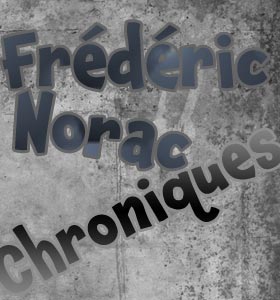
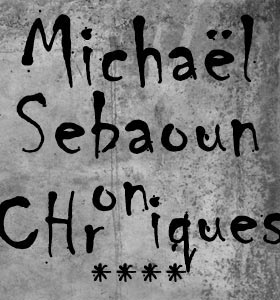
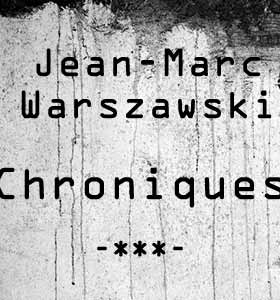
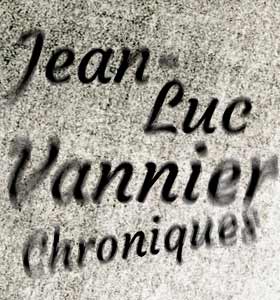
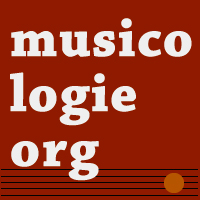 À propos - contact |
S'abonner au bulletin
| Biographies de musiciens | Encyclopédie musicale | Articles et études | La petite bibliothèque | Analyses musicales | Nouveaux livres | Nouveaux disques | Agenda | Petites annonces | Téléchargements | Presse internationale | Colloques & conférences | Collaborations éditoriales | Soutenir musicologie.org.
À propos - contact |
S'abonner au bulletin
| Biographies de musiciens | Encyclopédie musicale | Articles et études | La petite bibliothèque | Analyses musicales | Nouveaux livres | Nouveaux disques | Agenda | Petites annonces | Téléchargements | Presse internationale | Colloques & conférences | Collaborations éditoriales | Soutenir musicologie.org.
Musicologie.org, 56 rue de la Fédération, 93100 Montreuil. ☎ 06 06 61 73 41.
ISSN 2269-9910.

Lundi 3 Mars, 2025

